Assisting the rail industry to demonstrate effective fatigue risk management
Since early 2020 Fresh Air has been working with Network Rail, helping to establish their standard on Fatigue Risk Management and to roll this out to their workforce of over 40,000 personnel. This is a long-term project requiring a significant change in the culture around fatigue and fatigue reporting.
The Fresh Air Team’s extensive experience of helping safety-critical organisations to establish robust fatigue risk management programmes means we are well-placed to advise clients on major projects such as this.
We help large, multi-site organisations to establish fatigue risk management standards, which are compliant with best practice and meet all regulatory requirements;
We deliver briefing sessions for managers, to ensure they understand the standard being introduced, and their responsibilities for managing fatigue under this standard. As well as raising awareness of the causes and consequences of fatigue, these briefing sessions answer questions such as:
What are the benefits of Fatigue Risk Management for the operation?
What are management’s responsibilities for managing fatigue under the Standard? How can we demonstrate that we are meeting these responsibilities?
How can we ensure employees are fully engaged with our fatigue reporting system – and are honest in their reports?
What safety performance indicators (SPIs) should we collect and analyse?
We train audit teams so that they have the necessary confidence, skills and tools to enable them to assess site compliance with the company fatigue risk management standard.
We support safety teams to help them change the culture of their organisation; moving from fatigue being seen as part of the job - something you just have to get used to - to recognising fatigue as a hazard that needs to be managed. We provide safety teams with the understanding, the processes and the tools they need to measure, mitigate and manage fatigue.
To find out how Fresh Air can help ensure your fatigue risk management processes are effective please contact us.
Background
As noted by the Office of Rail and Road guidance ‘Managing Rail Staff Fatigue’ (ORR,2012) there are a number of key pieces of Health and Safety legislation that rail operators and companies providing services to the rail industry need to comply with:
Sections 2(1) and 3(1) of the Health and Safety at Work etc Act 1974 (HSWA) place general duties on employers to reduce risks so far as is reasonably practicable, including risks from staff fatigue.
The Management of Health and Safety at Work Regulations 1999 (MHSWR) require employers to assess risks arising from their operations, including risks from staff fatigue.
The Working Time Regulations 1998 as amended (WTR), place maximum limits on the amount of time an employer can ask an employee to work.
Regulation 25 of the Railways and Other Guided Transport Systems (Safety) Regulations 2006 (ROGS) places specific fatigue management duties on controllers of safety critical work in the railway industry.

